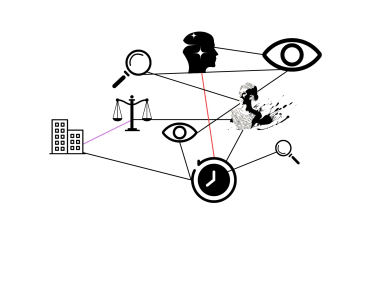The Institutionalization of Provenance Research in Germany
Felix Brönner has been working on his dissertation project since 2021. The project examines the institutionalisation processes of provenance research in Germany between 1990 and 2020.

Description
The provenance of artworks and cultural artefacts has been a topic of increasing discussion in Germany since the turn of the millennium. Although the term has been used much earlier, especially in art history, it has recently resurfaced in Germany in a much more politicised way. It has become almost exclusively associated with Germany’s ‘difficult past’ and questions surrounding the legitimate ownership of objects in public collections. Today, state-sponsored provenance research almost exclusively deals with the dispossession of objects in the context of state-organised violence committed by Germany’s legal predecessors. This includes atrocities committed during the Kaiserreich (particularly with regard to colonialism), World War II, the Nazi regime (especially the Holocaust), and the GDR dictatorship. Drawing primarily on expert interviews and archival research, this project identifies key shifts between 1990 and 2020. These shifts encompass understanding and application of the term 'provenance research', associated historical contexts, and the German government’s motivations for facilitating it. Significantly, these shifts in public perception of art and cultural goods occurred alongside three decades of German governmental efforts to fund, centralise and institutionalise provenance research. This period has yielded both productive synergies and ongoing tensions.